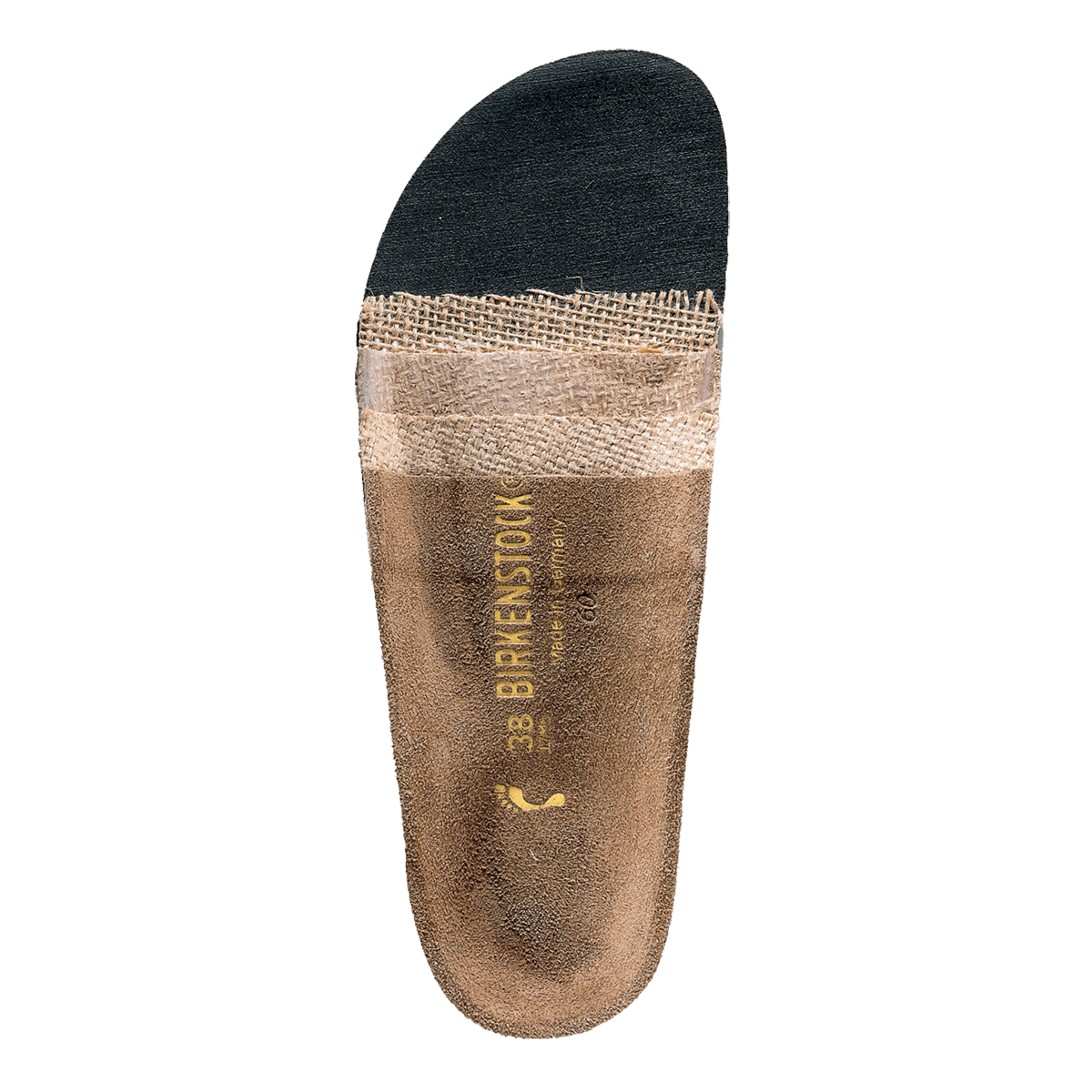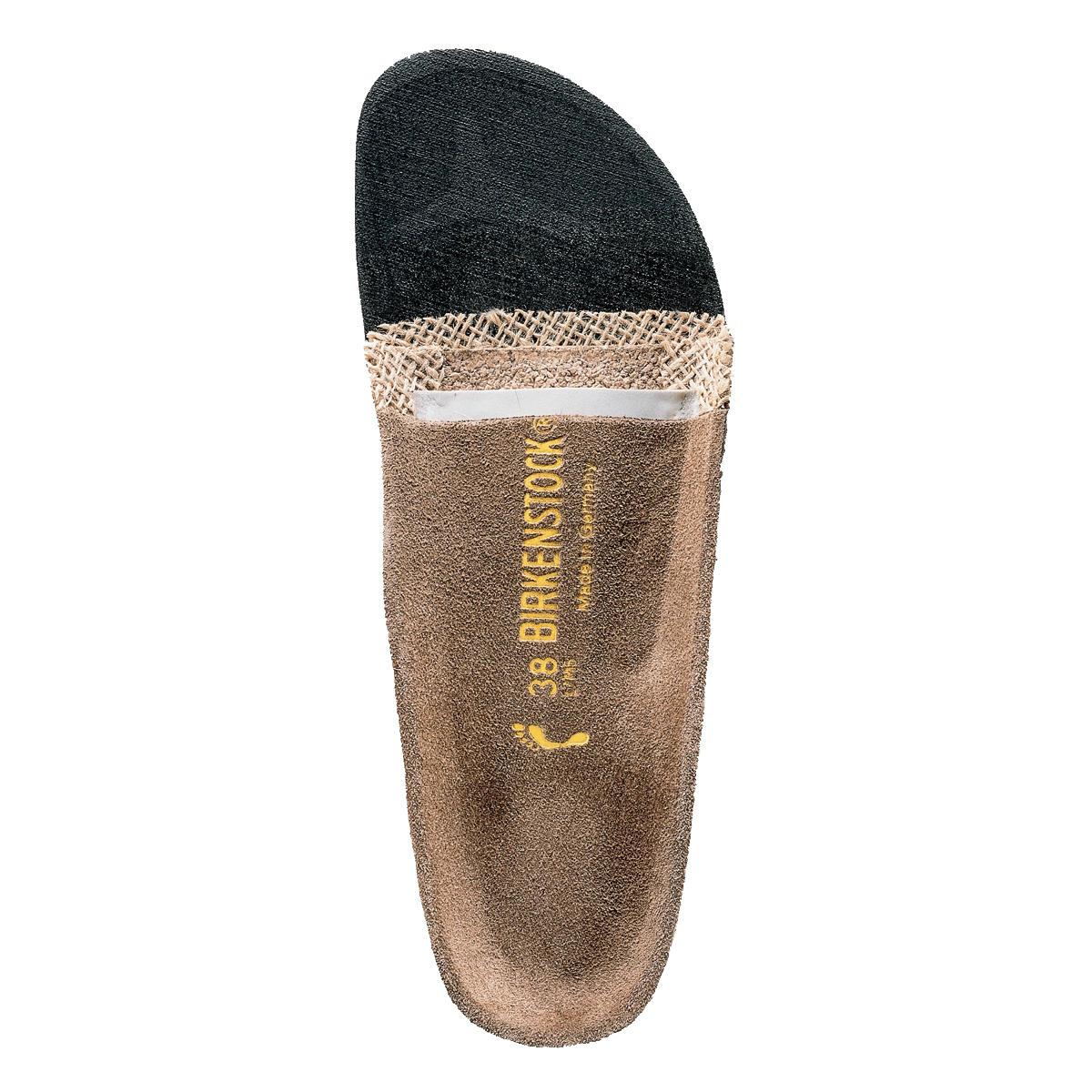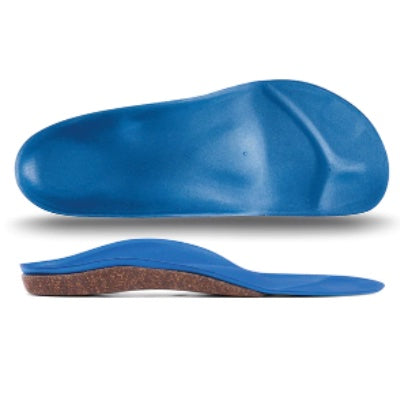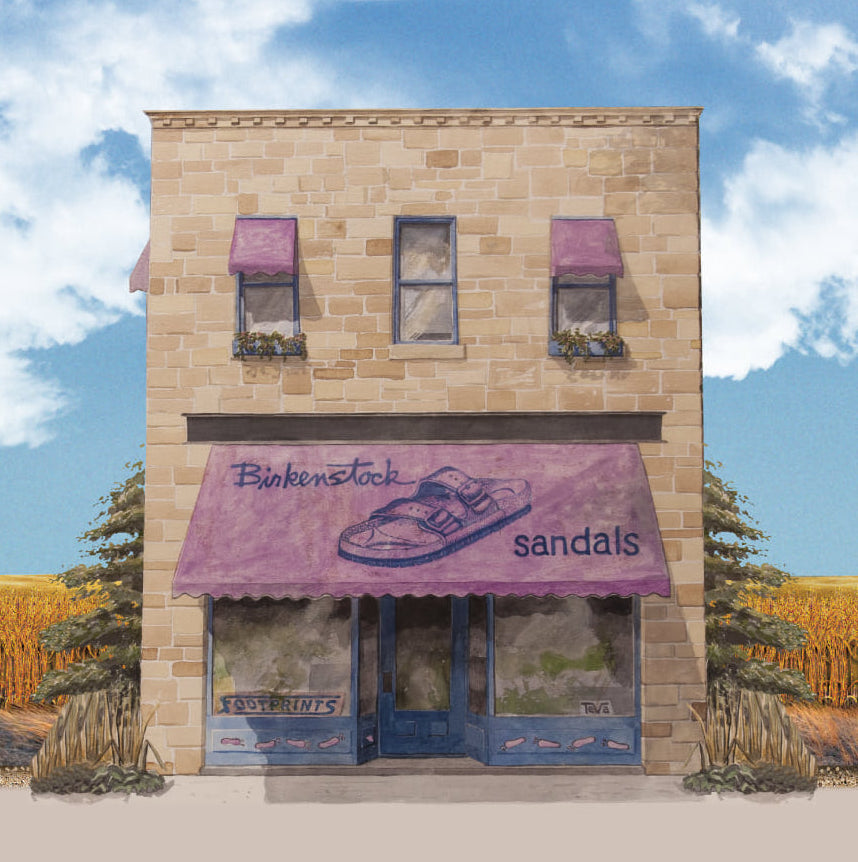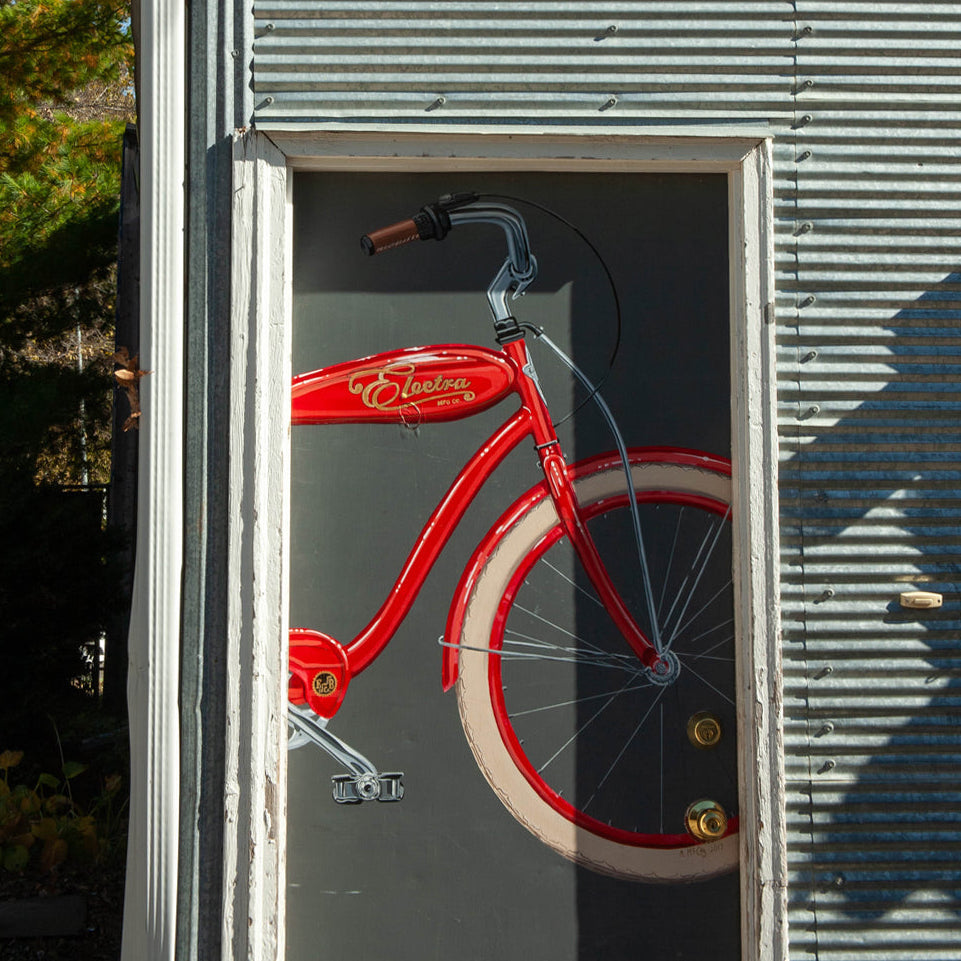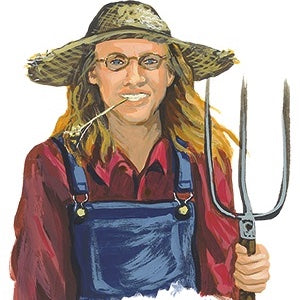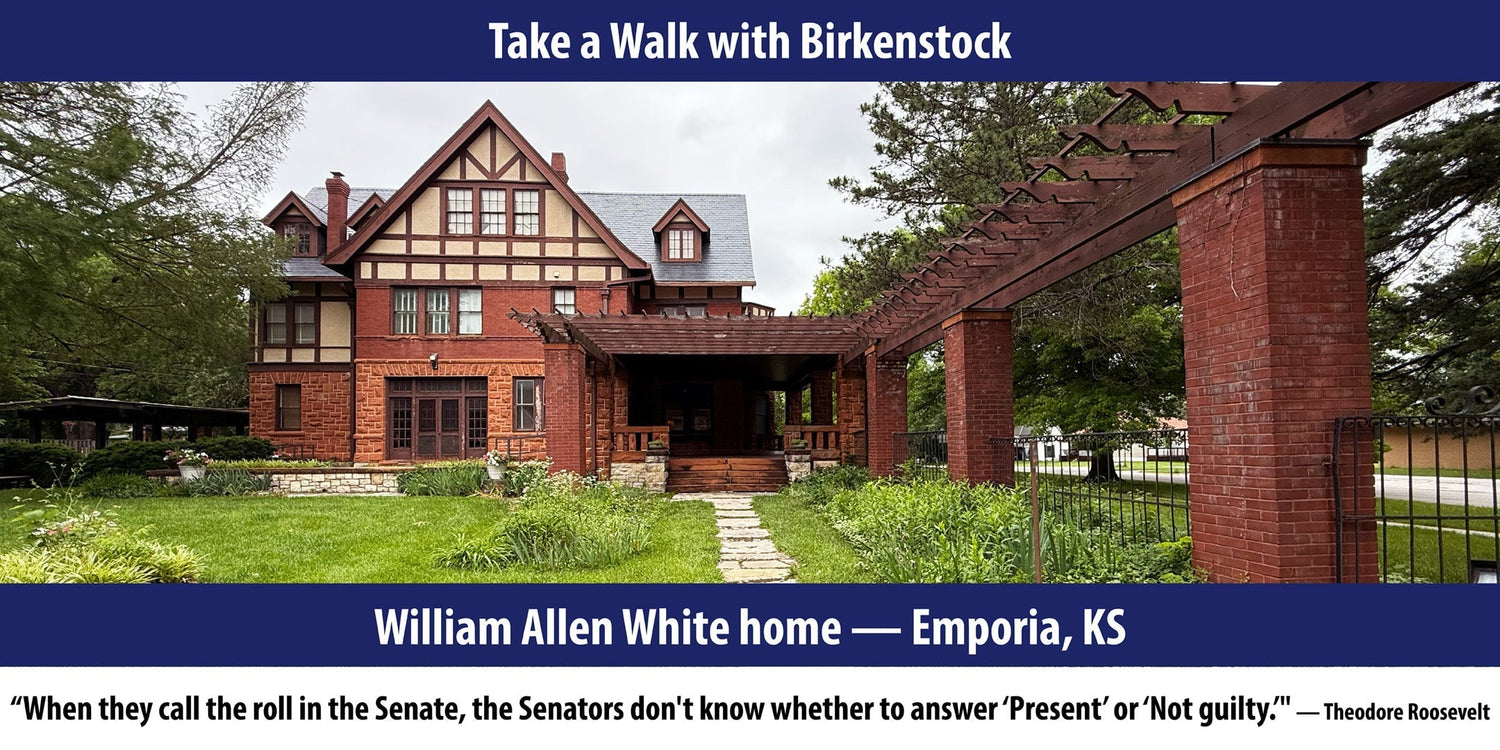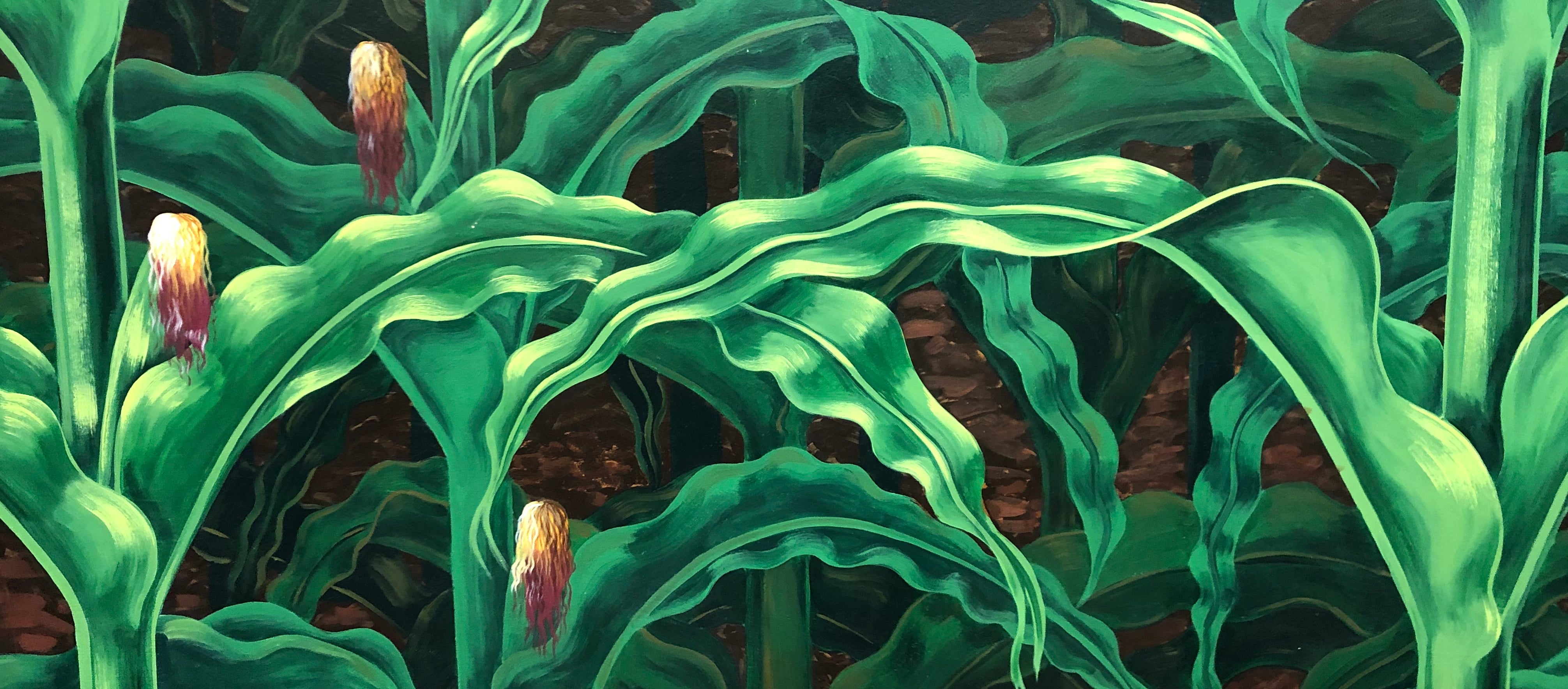
Red Rocks, the home of William Allen White, is a state historical site, open for tours on a regular basis. It is a lovely home built with red rocks from the Garden of the Gods area of Colorado. White loved to vacation in Colorado and had a cabin near Estes Park. However, White did not build this house, though he significantly remodeled it after a damaging fire. It was a very prominent house for the most prominent citizen of Emporia. His prominence came from being the humble editor of the Emporia Gazette newspaper. Although he remained a small-town editor, he became a journalistic superstar beginning with his editorial, What's the Matter with Kansas?, published in 1896. His editorials began to be picked up by newspapers across the country and the world. He wielded enormous influence. Politicians and powerful people turned to White for guidance. Six U.S. Presidents, including Teddy Roosevelt, stayed at Red Rocks and dined at White's dining room table, which you can see on display. Our tour guide, Denise, had a cute story that Albert Einstein dropped by Red Rocks during a two-hour layover on a cross-country train trip. The Whites happened to be away. A neighbor noticed the bushy-haired gentleman and offered him some cold lemonade. They sat and spoke on her porch until it was time to catch his train. When asked about her time with the scientist, she was puzzled. As, she was just being neighborly, never knowing to whom she was speaking.

Emporia was and is a rail town. During White's professional life, train travel was how you travelled great distances. So, Emporia was a crossroads for people heading from one coast to another. William Allen White's presence in Emporia made the town an intellectual crossroads. Red Rocks had scores of famous people dropping by to engage in conversation. For instance, White knew Frank Lloyd Wright, whose influence is evident in the garden pergola and the stairway's banister in Red Rocks. Photos of White's many friends and acquaintances hang on the wall of his study. His wall is a Who's Who of famous people of the early 20th Century.

White, the "Sage of Emporia," stayed on as editor of the Gazette, but also frequently contributed to McClure's Magazine. McClure's was famous for their team of "muckraking" investigative journalists. White, along with Ida Tarbell, Lincoln Steffens and Ray Baker changed America. It was their truthful, detailed, and thorough reporting of political corruption which ushered in the Progressive Era in the 1890s. Its predecessor, the Gilded Age, which developed after the rapid industrialization following the Civil War, created incredible economic growth but also dramatic income inequality. Vast wealth and power were concentrated in the hands of a small number of monopolists or trusts. Corruption was on a scale never seen before in America. With their money, they literally owned Senators and told them how to vote. The trusts' control continued unabated for years until the "muckrakers" exposed their corruption. Public awareness became political pressure. Teddy Roosevelt used the "muckrakers" to gain political advantage. Consumer protection laws were passed, and giant trusts were reined in. Maybe not reined in enough, but still it changed America for the better. William Allen White was definitely in the thick of it.

The Gilded Age greatly resembles the current Tech Age. Our phones and our shorter attention span make us less receptive to our current "muckrakers", but there are some very good journalists out there doing their job. It is our job to apply attention and reason versus fear and bias. If we do so, America will do fine. Generally speaking, most Americans are against corruption. Public attention always shifts.

Red Rocks reflects William Allen White's life, his family, his passions, and his world travels. By looking at all of his actual stuff, his furniture, his souvenirs, his photos, the man is revealed. One of my favorite artifacts was his portable typewriter located on the modest desk in his study. It folded in on itself, kind of like a laptop, making it easier to pack away in luggage. You can almost hear him hammering away at the keys as the steel letters are pressed onto the page, clickety clack, clickety clack clack. Those letters, when properly arranged, can change America.


Take a walk with Birkenstock.


